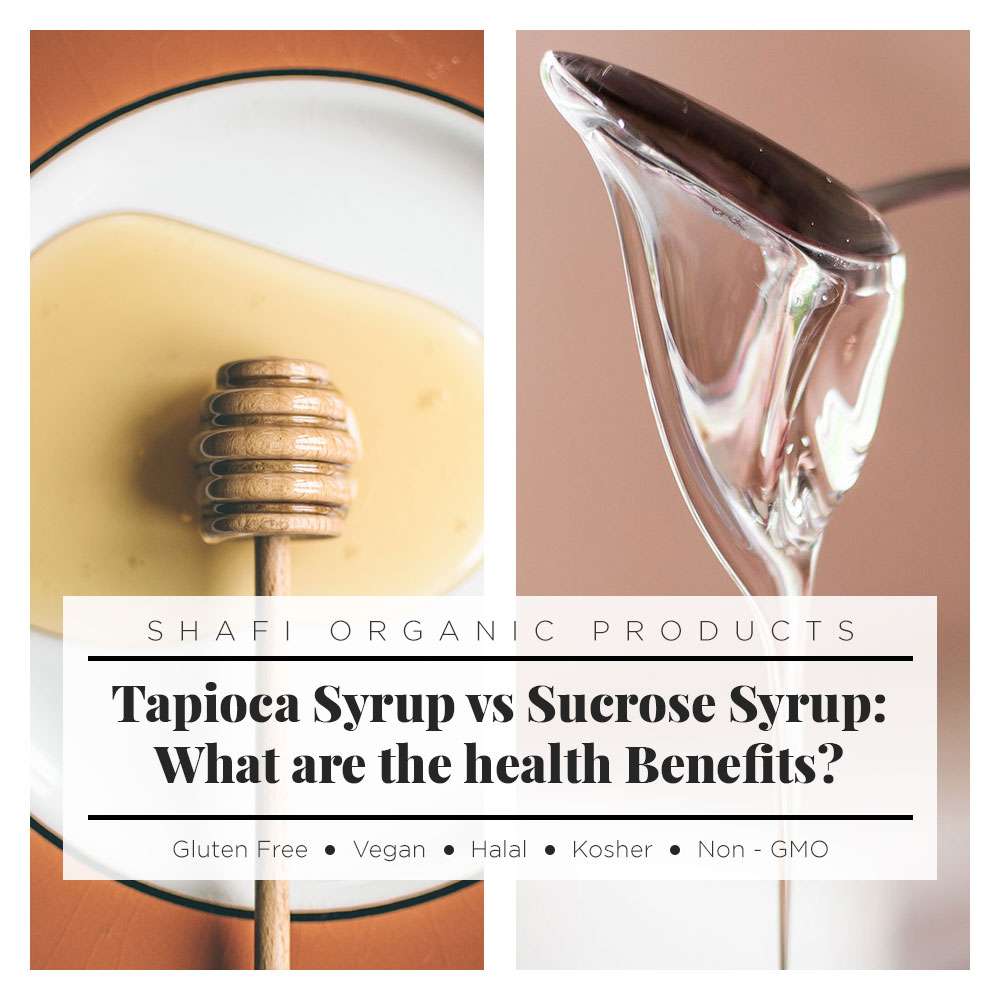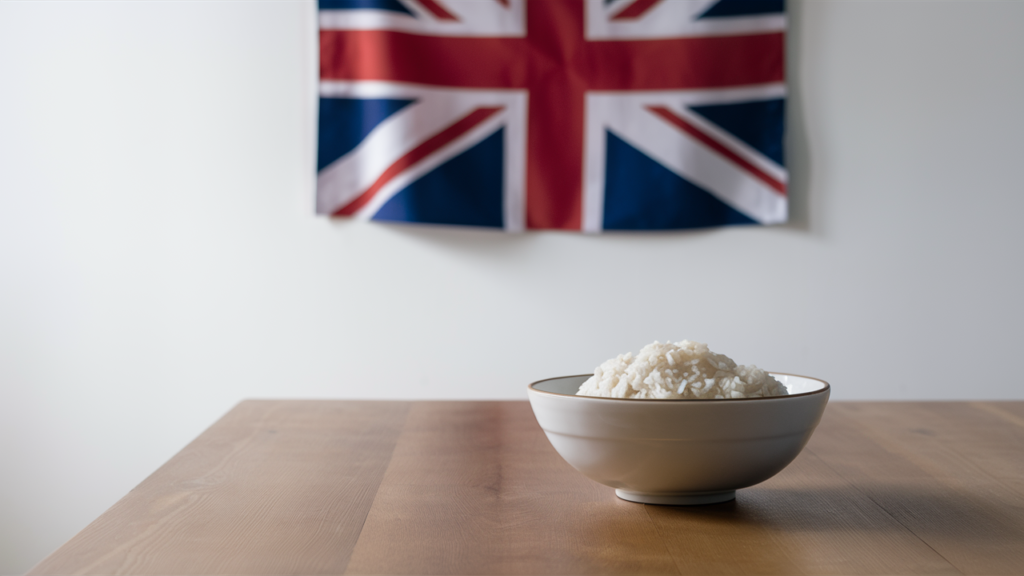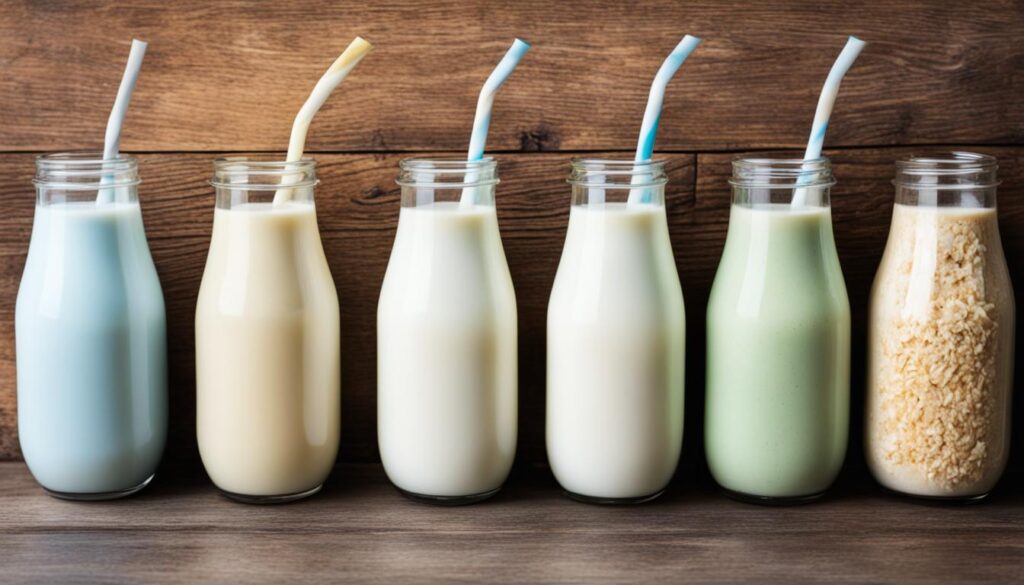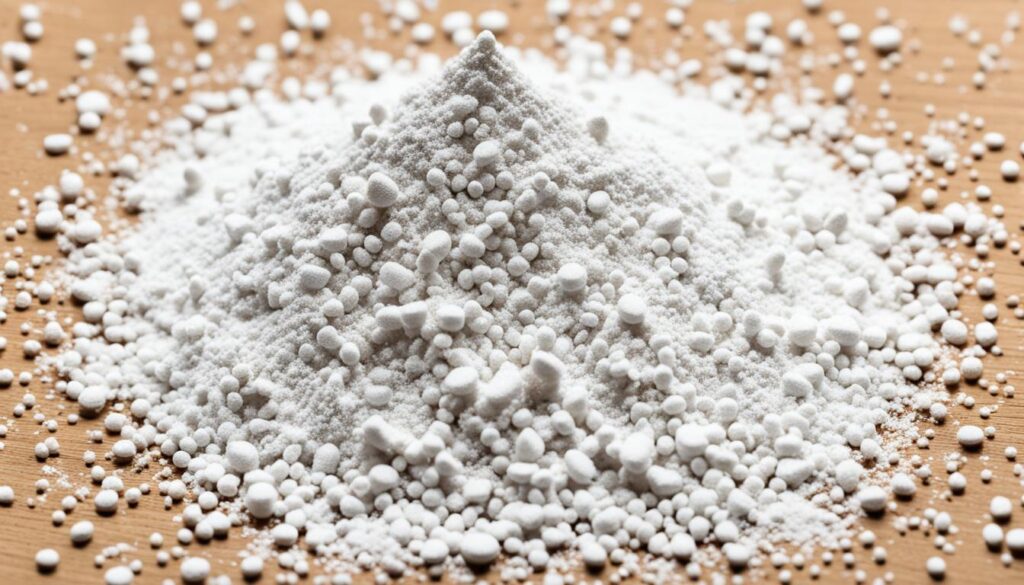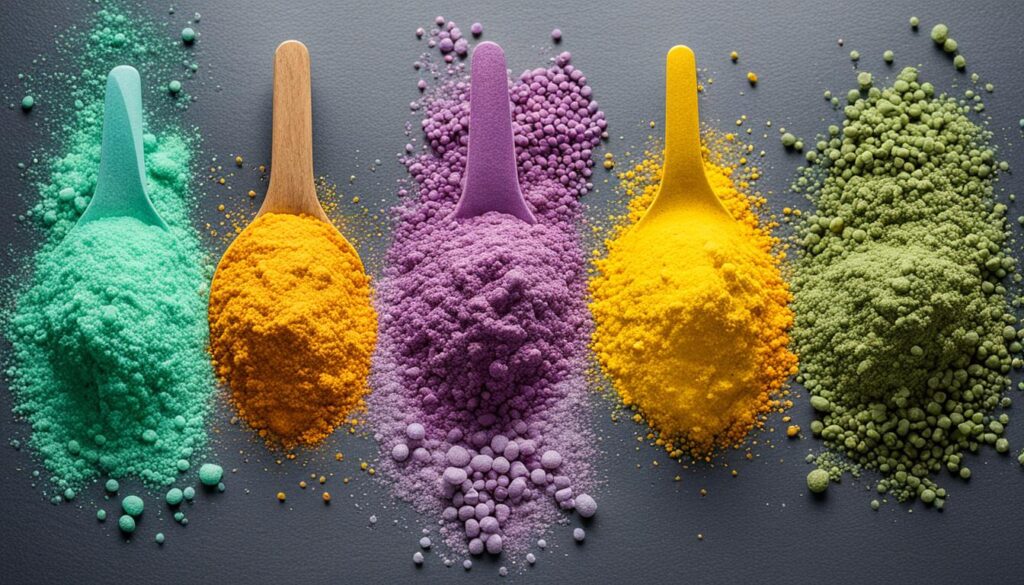Healthy eating has taken the form of obsession these days. And seeing how it is being revealed that a lot of product out there contains a dangerous amount of high sugars. These sugars are a red alert for your health if you are a habitual consumer of such products.
Lucky for us, there are healthy alternatives that can be applied to overcome the need for the sugar rush. One such product is Organic Tapioca syrup. It is becoming popular quite rapidly. On top of that, it can be used as a substitute for sucrose (traditional sugar) just as you would regularly use any liquid sweetener. No special procedures or precautions just pour in some as per your taste and enjoy pure sweet heaven.
Check out another article Commonly Used Sustainable Agriculture Practices
But how do you differentiate between sucrose and organic tapioca syrup? What are the health benefits? What gives one edge over the other? A lot of questions, but let’s have a systematic look at this.
What is Sucrose?
Sucrose is the scientific name for table sugar. Sugars are categorized as monosaccharides or disaccharides. Disaccharides are made up of two, linked monosaccharides and broken back down into the latter during digestion. Sucrose is a disaccharide consisting of one glucose and one fructose molecule, or 50% glucose and 50% fructose.
It’s a naturally occurring carbohydrate found in many fruits, vegetables, and grains, but it’s also added to many processed foods, such as candy, ice cream, breakfast cereals, canned foods, soda, and other sweetened beverages. Table sugar and the sucrose found in processed foods are commonly extracted from sugar cane or sugar beets.
What is Organic Tapioca Syrup?
Organic tapioca syrup is a natural liquid sweetener made from tapioca starch. Tapioca starch is an organic product that is extracted from cassava or yucca roots, which are developed by organic farmers. Unlike traditional farmers, organic farmers do not use any pesticides but follow the procedure of crop rotation to control weeds. They use natural predators, like birds to control insects.
This clear, neutral-flavoured syrup adds sweetness to various foods and is used as an alternative to sucrose. The syrup has very high solubility and can release energy almost instantaneously through the balanced distribution of simple and complex carbohydrate components. The composition of tapioca syrup is similar to that of sucrose, but it possesses a higher nutritional value than sugar crystals.
Sucrose vs. Organic Tapioca Syrup:
Now let’s have a look at the pros and cons of each. Frankly speaking, we can only look at the pros of organic tapioca syrup, as it happens to be so good for your health.
Cons of Sucrose:
Sucrose has both good and bad implications for your health. Consumption of adequate sucrose ensures your body gets the optimal amount of energy. Uncontrolled high levels of glucose can result in sugar-related diseases, such as diabetes. Obesity may also occur due to the conversion of excess sugar to fat, which is then stored in adipose tissue and around your joints and organs.
Accumulation of body fat can negatively affect your nervous system and veins. Complications can arise when the fat deposited on the walls of your blood vessels blocks or constricts them, eventually leading to high blood pressure. Similarly, large amounts of fat insulate heat, and the subsequent heating around nerves can reduce or halt nerve terminal impulses.
Pros of Tapioca Syrup:
Organic tapioca syrup provides many health benefits of its lower calories and carbohydrate contents and zero exposure to pesticides and genetic modifications. This gluten-free product is low in carbohydrate content compared to sucrose.
A quarter cup of tapioca syrup contains only 42 grams of carbohydrates in contrast to 50 grams of the carbohydrate content of sugar. This amount of carbohydrates in tapioca syrup is sufficient for supplying energy and is also helpful in reducing blood sugar levels. Similarly, this syrup is lower in calories, too. A quarter cup of tapioca syrup contains 168 calories, compared to 194 calories of energy contained in a similar size of sugar serving.
Conclusion:
Tapioca syrup provides a great alternative to corn syrup, maple syrup, honey or sugars. It is also used in cooking and as a binding agent. For example, retaining adequate moisture levels in processed meats. The tapioca pearls extracted from cassava tubers are used for garnishing pies and other desserts. This can also be used in homemade drinks and smoothies for the neutral flavour it imparts to them. Not only is it versatile in its applications, but its health benefits are equally unmatched by any other sweetener.



